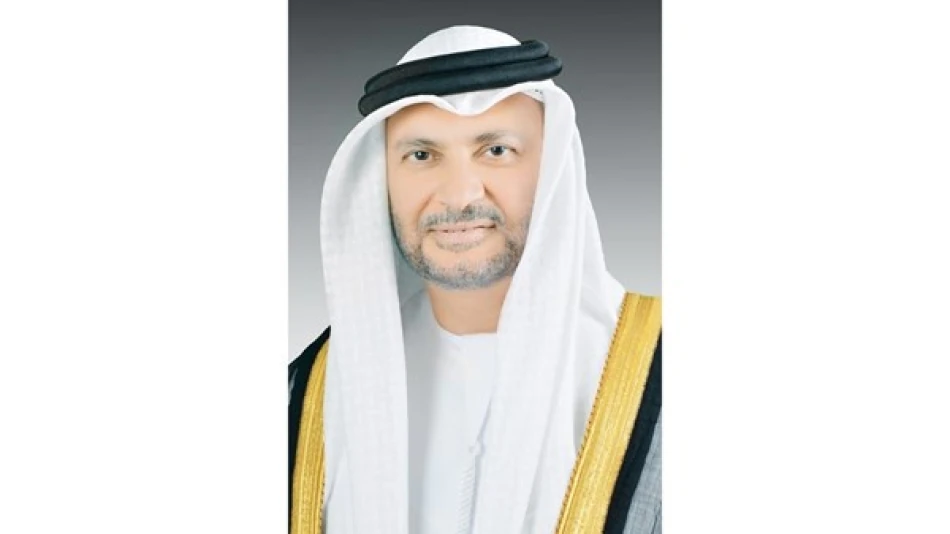
UAE Official Calls for Peace Solutions, Supports Palestinian Statehood
The UAE's top diplomat says lasting Middle East peace is impossible without a Palestinian state living alongside Israel. Dr. Anwar Gargash made these comments at the Manama Dialogue forum, emphasizing that the two-state solution remains the foundation for regional stability.
Gargash, who serves as diplomatic advisor to the UAE president, told the forum that the region needs solutions that genuinely support peace. "It's very difficult to imagine long-term peace in the Middle East without a Palestinian state living side by side with Israel in peace, security, and dignity," he said.
The UAE official stressed the importance of moving away from extremist narratives and violence. Instead, he called for progress through regional partnerships and economic integration that can overcome existing disputes.
His comments come as the UAE continues to balance its 2020 normalization agreement with Israel while maintaining support for Palestinian statehood. The Abraham Accords marked a significant shift in regional diplomacy, but the UAE has consistently said Palestinian rights remain central to lasting peace.
Gargash also emphasized the need to strengthen state sovereignty and keep militias out of regional conflicts. This reflects broader UAE concerns about Iranian-backed groups operating across the Middle East, from Yemen to Lebanon and Syria.
For regional investors and governments, the UAE's position signals continued support for diplomatic solutions over military ones. The country has become a major hub for Middle Eastern business and finance, making stability a key economic priority. Regional conflicts have already disrupted shipping routes and energy markets, affecting global trade patterns.
The two-state solution has faced significant challenges in recent years, with Israeli settlement expansion and Palestinian political divisions complicating peace efforts. But Gulf states like the UAE appear to be betting that economic incentives and regional integration can create momentum where traditional diplomacy has stalled.
Most Viewed News

 Layla Al Mansoori
Layla Al Mansoori






